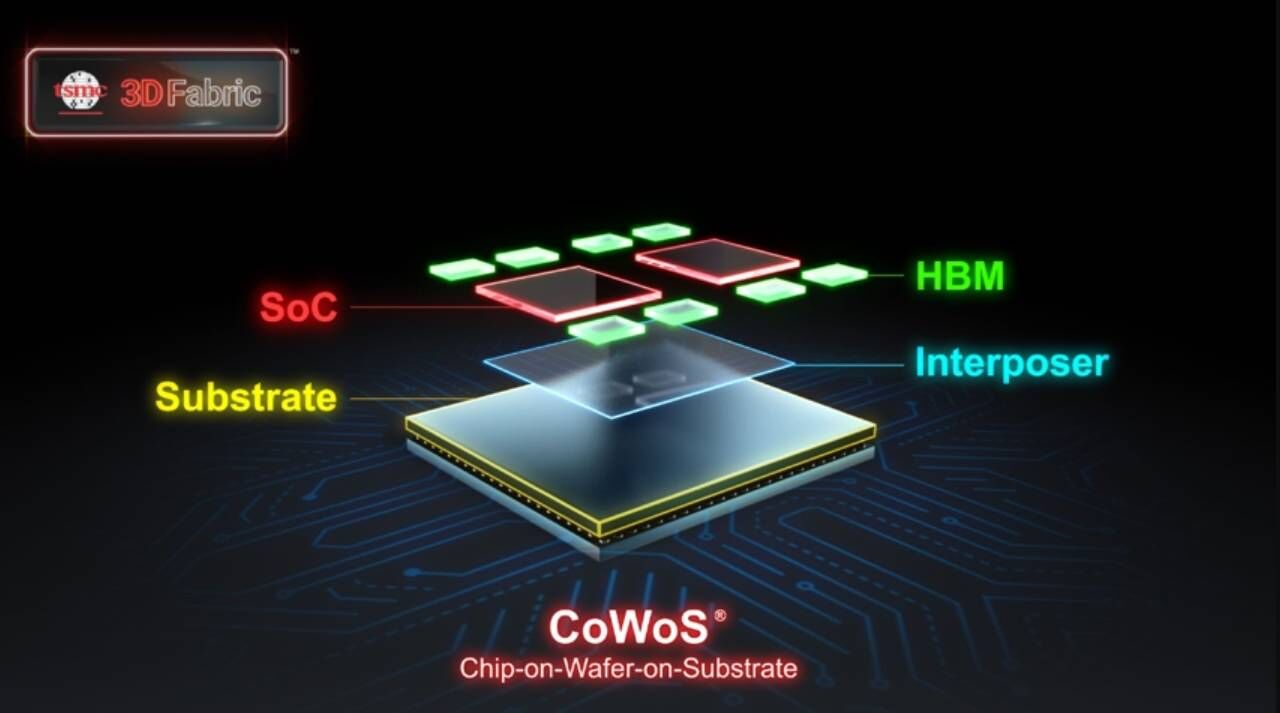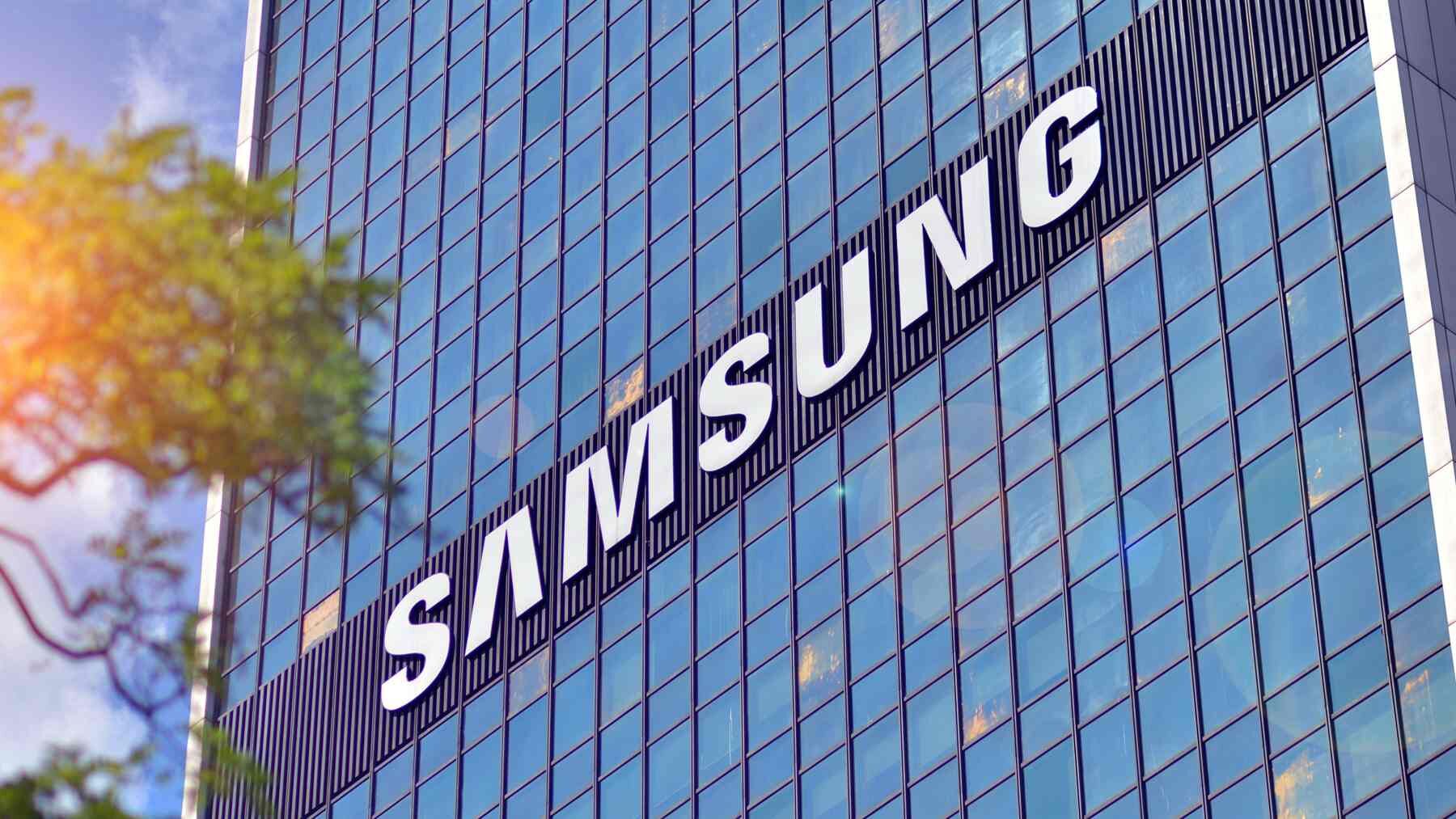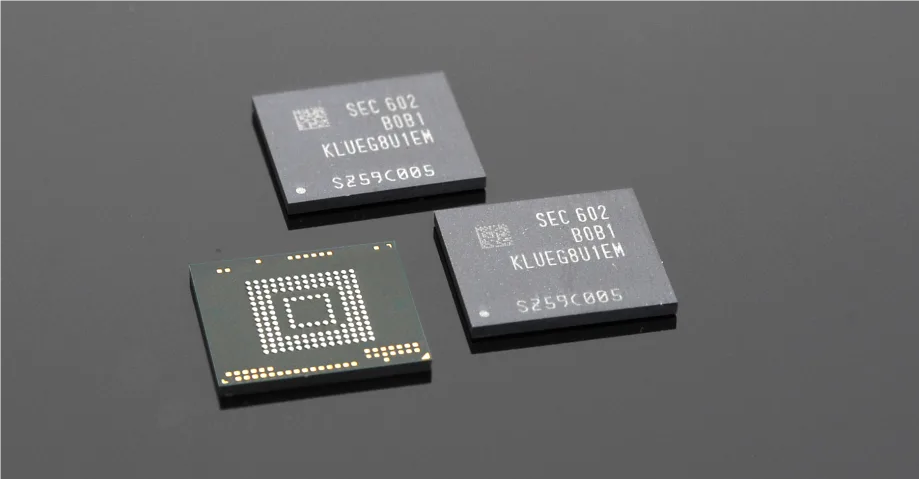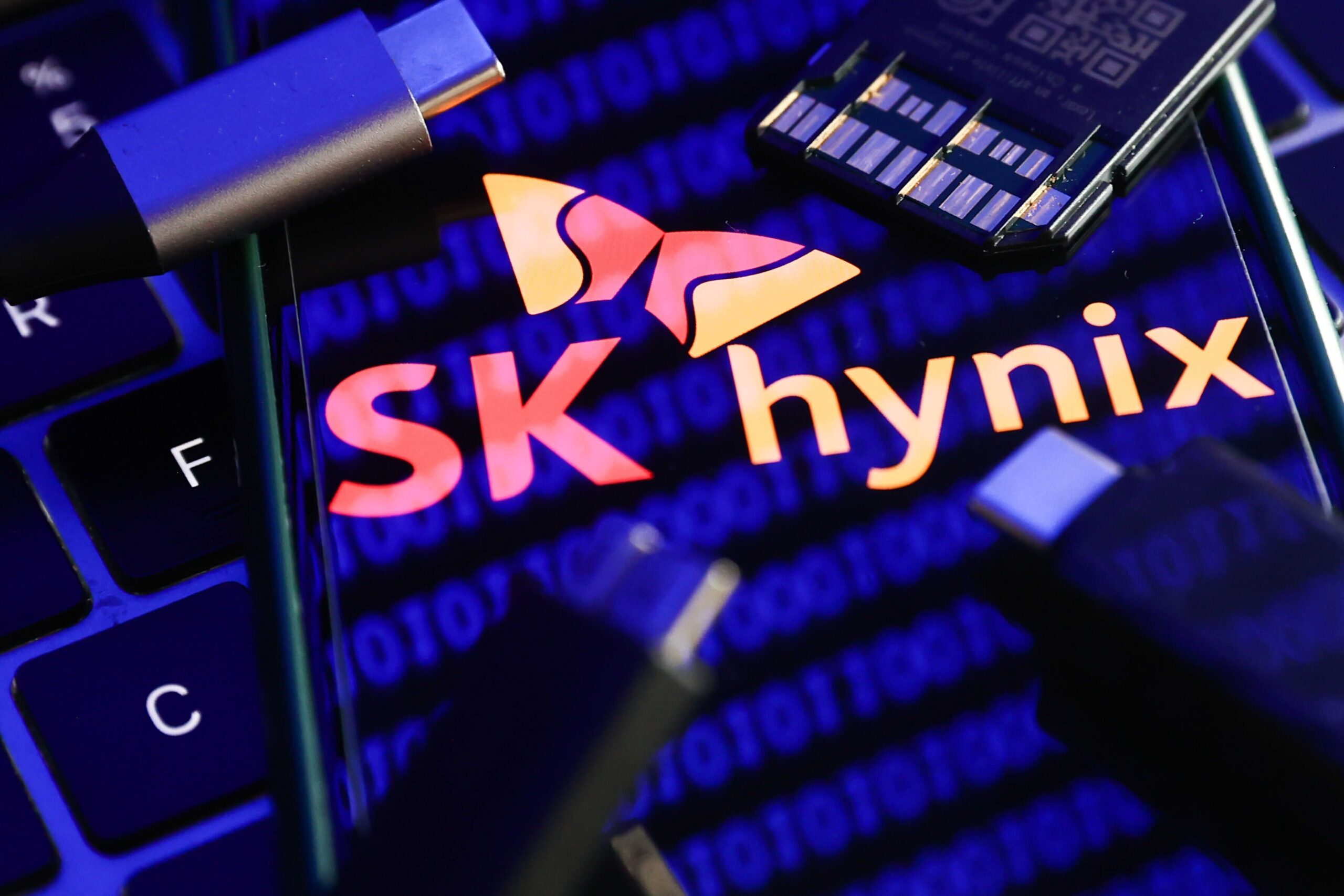May 26, 2025 /SemiMedia/ — A group of leading U.S. semiconductor firms, including Intel, Qualcomm, Micron, and Texas Instruments, have submitted formal comments opposing a proposed tariff on imported semiconductor chips. The move comes after Taiwan’s TSMC also voiced concerns through its Arizona subsidiary, warning that such tariffs could undermine the U.S. semiconductor industry's global competitiveness.
According to public records from the U.S. Department of Commerce, a total of 154 responses were submitted before the May 25 deadline. Qualcomm filed a 15-page response, followed by Intel with 13 pages and Micron with 11, all exceeding TSMC’s 8-page letter. The detailed submissions signal heightened concern among U.S. firms over the proposed policy.
While generally supportive of the “Made in America” agenda, the four companies stressed that imposing tariffs on chips and semiconductor manufacturing equipment would increase operational costs and discourage investment in new domestic fabs. Intel warned that building new chip facilities requires massive capital and that additional import duties would make such investments more difficult, weakening U.S. competitiveness.
Qualcomm highlighted its ongoing reliance on overseas fabs in Taiwan and South Korea. It argued that without sufficient time, support, and infrastructure in place, tariffs on standalone chips or integrated products could hurt the competitiveness of U.S. firms in the advanced-node segment.
Micron noted that tariffs on chipmaking equipment would raise costs for U.S.-based fabs, making them less competitive compared to overseas facilities and potentially driving investments abroad. Texas Instruments emphasized the importance of maintaining global flexibility even while supporting domestic manufacturing to safeguard both economic and national security.
Industry analysts caution that chip tariffs—regardless of which company they target—could reverberate throughout the semiconductor supply chain. U.S. tech firms might ultimately bear the cost burden, eroding their ability to compete globally. The extensive and unified response from major U.S. semiconductor players suggests deep concern over the potential fallout of such trade measures.












All Comments (0)